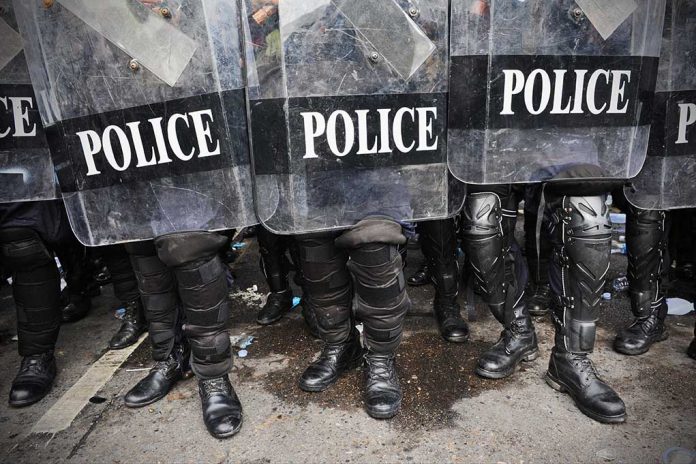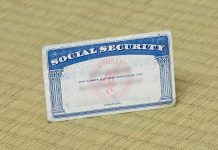
(IntegrityMag.com) – Martial law is a topic widely discussed among political groups on both sides of the spectrum. Normally declared in times of need, it can help the government prevent chaos and maintain order in a crisis. What you might not be aware of is who exactly can call for martial law in the first place. Does the president qualify? You’ll find the answer below.
What is Martial Law?
By definition, martial law is the suspension of a civil authority; military authority takes over. This shouldn’t be confused with military justice, as each branch of the military has its own judiciary system.
Martial law is justified when civilian authority is suspended, rendered ineffective, non-functioning, or absent altogether. Once the declaration comes into effect, the military gains control over all levels of the judicial system. It can even suspend all existing laws in that region.
Who Can Declare Martial Law?
The Constitution contains no provisions on who may call for martial law. In fact, individual states have this power, as does the President of the United States.
Martial law has been declared a total of nine times since World War II. Five of those instances aimed to counter resistance in the south at a time when citizens openly challenged federal desegregation.
Examples of Martial Law
The most recent declaration of martial took place in 2005, after Hurricane Katrina ripped through New Orleans. The civil authorities were rendered useless by the floods. Thus, martial took its place until order could be restored.
President Lincoln also declared martial law during the Civil War. However, this was challenged in ex parte Milligan. The Supreme Court ruled that Lincoln’s declaration of martial law, by way of suspending habeas corpus, was unconstitutional.
In 1934, Governor Frank Merriman of California proclaimed martial law. The governor placed the docks of San Francisco as under it when dock workers went on strike. Merriman cited “riots and tumult,” threatening to extend the declaration to all of San Francisco.
The National Guard stepped in to restore order, and fortunately, workers ended their strike. This avoided the dreaded result of city-wide martial law. However, the Guard was still able to make arrests; detainees could be tried by the military or turned over to civil authority.
Copyright 2021, IntegrityMag.com













